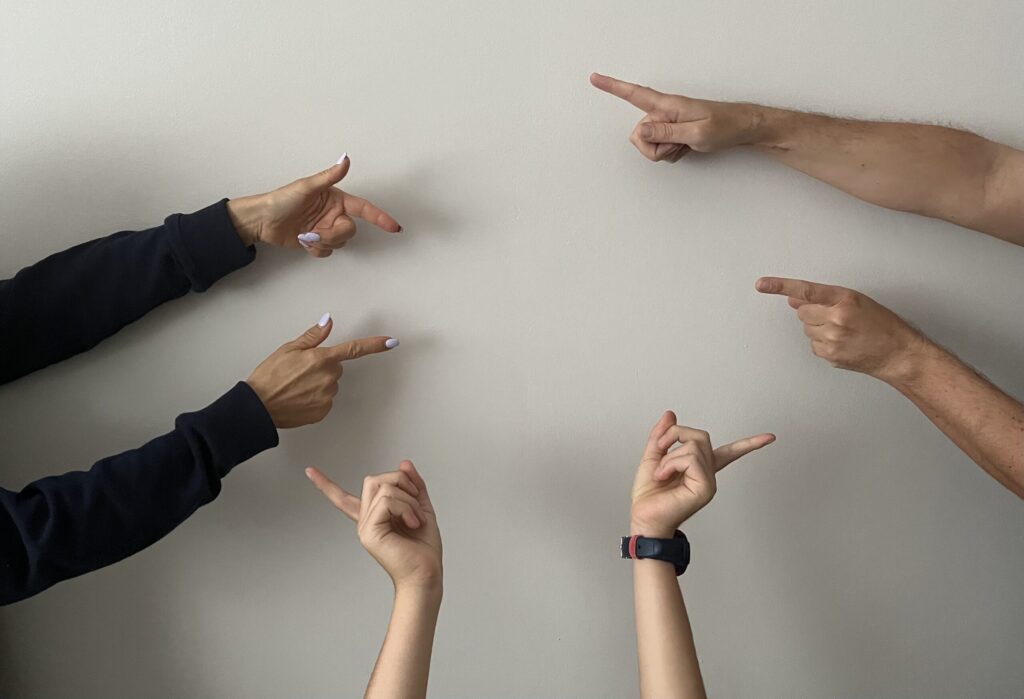This is the second time that Gergely Koltányi (Nitrolearning) has had such an impact on me.
- First, when we met almost a decade ago and discussed the possible intersection of leadership development and digital learning. I picked up the term “microlearning” from him, which we then put into practice when we created the Act2Manage leadership development app in collaboration with Telekom.
- And secondly, a few weeks ago, when he invited me to a podcast discussion in their We-Learning Podcast series on learning and its digital possibilities. We had coffee beforehand and he mentioned that he is in contact with a Senior Learning Technologist at Amazon, Zsolt Oláh. In a LinkedIn article he tackled the dilemma mentioned in the title of this blogpost.
For those who are more specifically interested, they can find the full model on his profile page, but below I will briefly reflect on the key messages of his model.
It is perhaps not surprising that in an organisation it is not a good idea to put the responsibility for staff development on the shoulders of a single actor. The model outlines four types of responsibility and accountability: the individual, the line manager, top management and corporate HR (L&D). At Amazon, the employee’s responsibility is the development itself, to be curious and to take lifelong learning seriously, so that time does not pass her by. Actively engage in learning, whether it is through formal training or on the job. Focus, engage and reflect on what she has learned. It is her responsibility to put into practice what she has learned and to move forward with the help of feedback.
It is the job of her line manager to set the bar high enough for what has been learned, i.e. to set expectations for implementation and of course to create the necessary conditions, be it time, resources, tools or opportunities. And, as a coach, support the person’s development. So it’s not just about getting the job done.
Top management holds the investor role, they are the sponsors of learning. Their responsibility is to remove obstacles, set priorities and empower managers to support the development of people in the organisation. Set specific expectations in this domain as well, not just business goals.
And here’s another very important point: it’s not about ticking off the training or filling in the happy sheets to see how participants liked the venue or the snacks, it’s about measuring both the effectiveness of putting knowledge into practice and the impact on the business. And HR’s role is to design the right conditions and frameworks for this to happen.
So the message is clear: it will work well if all stakeholders do their part conscientiously to promote learning in the workplace.






